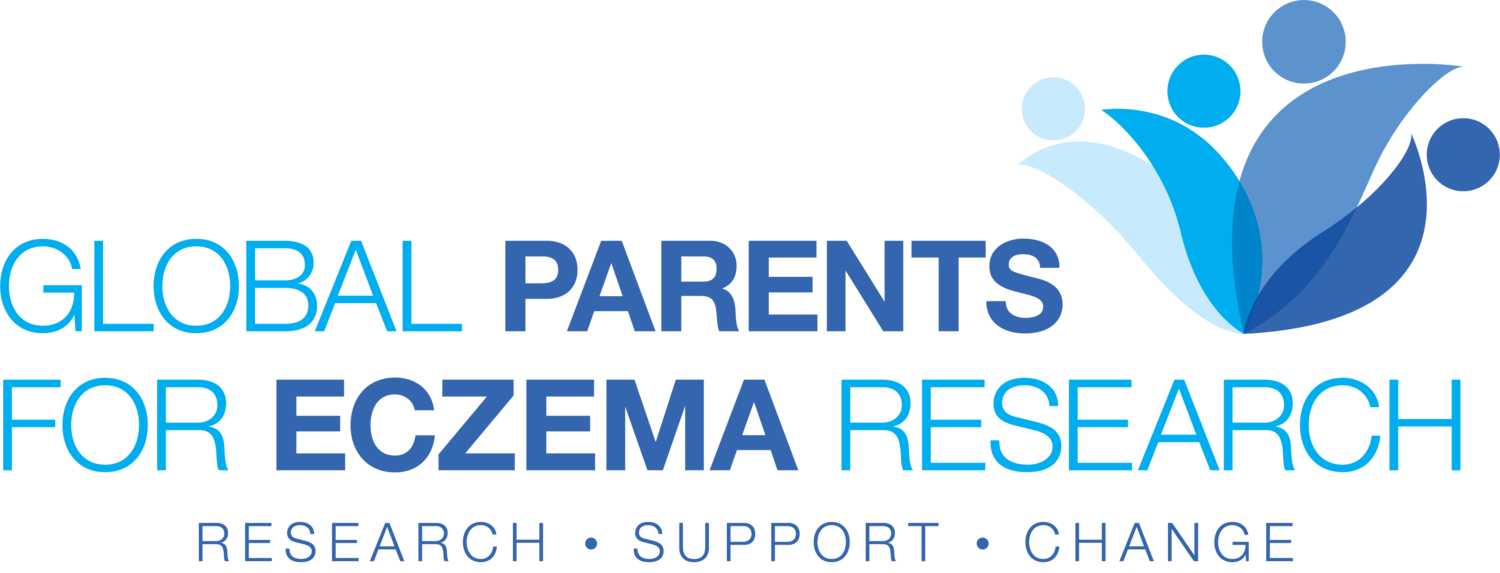Resources for Health Care Professionals
Eczema can significantly impact quality of life for children and families. Factors contributing to the psychosocial burden of eczema include intense itch, sleep problems, unpredictable flares, and impact on activities such as sports and social events. Treatment routines themselves can also be stressful, time-consuming and costly.
Eczema also affects mental health. Eczema can affect children’s self-esteem. Many children experience questions and unwanted attention about their skin and some may experience bullying. Children with moderate to severe eczema have an increased likelihood of developing depression, anxiety, and attention deficit hyperactivity disorder (ADHD). The link between eczema and stress is bi-directional. Stress can trigger more inflammation and itch, and ongoing stress can make it harder for the skin to heal.
Unfortunately, the mental health burden of eczema often goes unrecognized and unaddressed, which may further a sense of isolation for patients and families. Stigma about mental health concerns may discourage families from talking about their concerns during medical visits.
Healthcare providers can reduce the burden of eczema by asking families about their experiences and providing education, support and resources.
Click below for resources to help identify and reduce the mental health burden of eczema for patients and families.
Handout for healthcare providers:
Handout for families:














